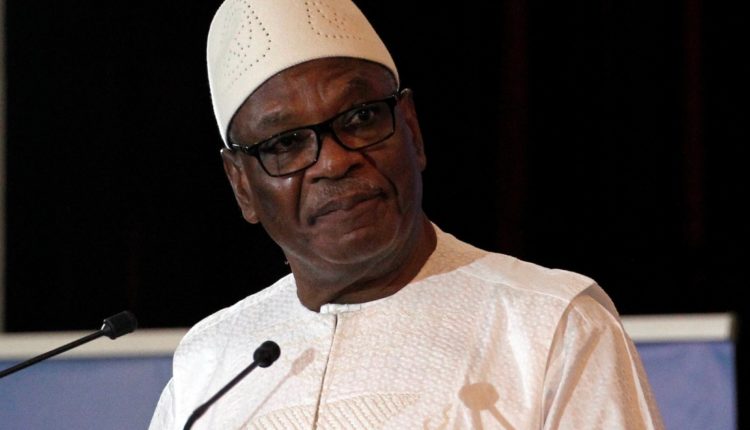
Coronavirus: Mali imposes night-time curfew, but elections to go ahead
Mali has reacted to its first coronavirus case with a nationwide night-time curfew on Wednesday.
This is to curtail the spread of the disease which continues to spike in Africa, while causing devastation in Europe.
But the Malian President, Ibrahim Boubacar Keita, who announced the night-time lockdown, said a parliamentary election planned for this week would be held.
In a televised address, President Keita said markets would remain open.
France 24 reported that the government would enforce the curfew between 9 pm to 5 am from Thursday and also close down all its land borders.
Cargo goods will still be allowed into the West African state struggling to cope with insurgency, which has made parts of the arid country ungovernable.
Experts fear the country is particularly exposed to an outbreak because of its jihadist conflict, which first broke out in the north in 2012 and has since engulfed the centre.
Thousands of soldiers and civilians have died in the conflict, and swathes of Mali’s territory remain outside state control.
The country’s first coronavirus infections are two Malian citizens who had recently arrived from France.
Although most countries across Africa are declaring lockdowns as the risk of coronavirus increase, President Keita put politics ahead of a temporary shutdown of the country.
He said a long-delayed parliamentary election–which first round is planned for Sunday–would go ahead, although in “scrupulous respect” of health measures.
“The government will do everything in its power to ensure that this is so,” he said.
Holding parliamentary elections was a key recommendation from crisis talks in December, which aimed at exploring non-military solutions to the country’s worsening violence.
Mali’s current crop of MPs were elected in 2013, in a ballot won by the President’s Rally for Mali party.
Parliamentary elections were meant to take place again in late 2018 following Keita’s re-election.
But the poll was postponed several times, with the authorities citing a strike by judges or worsening security.


